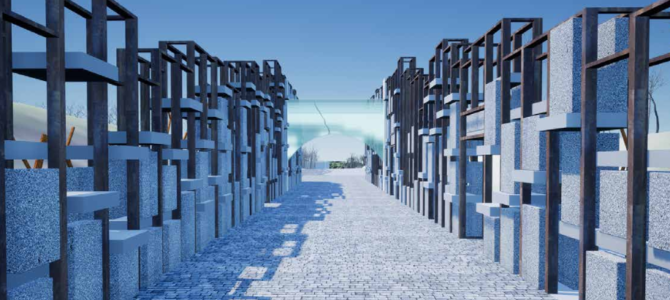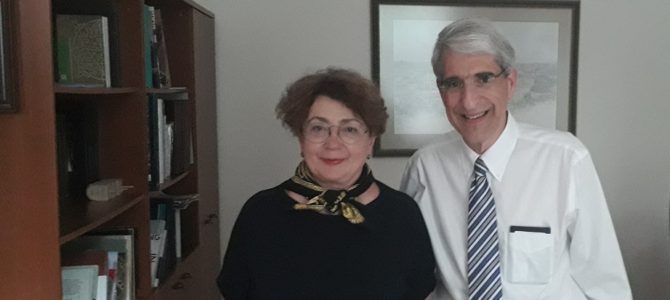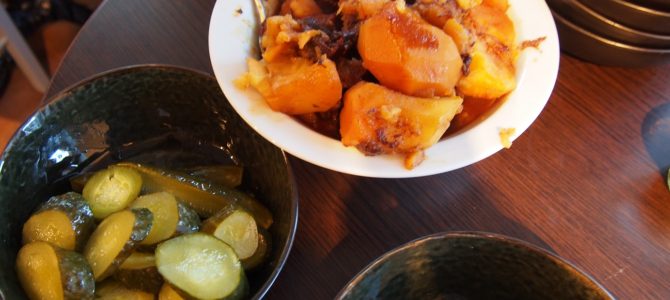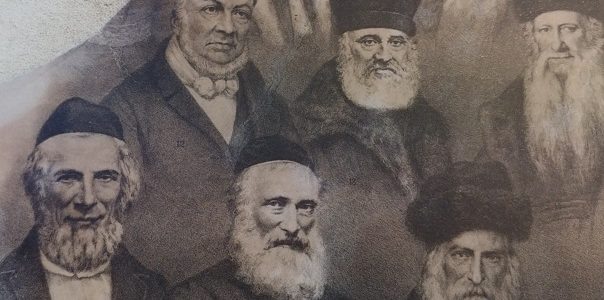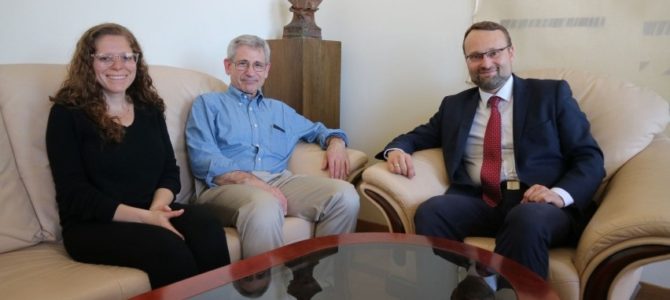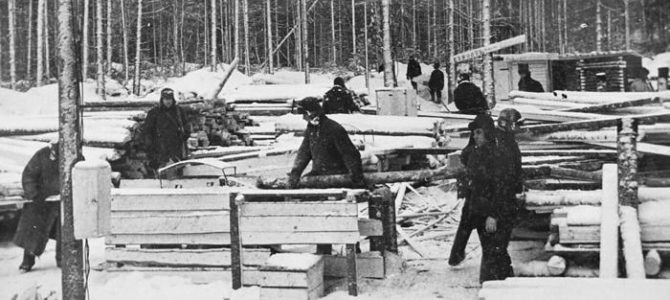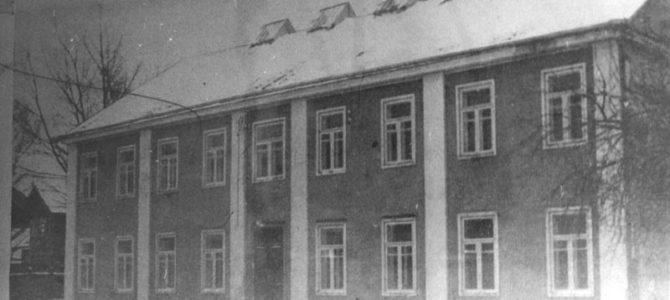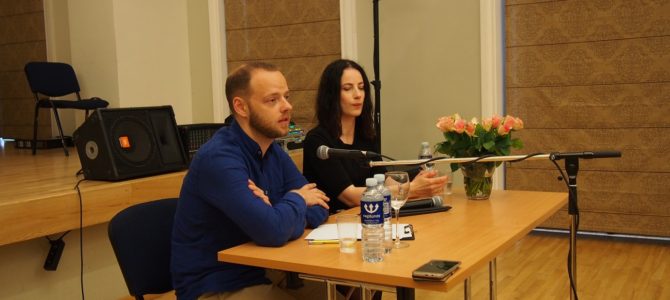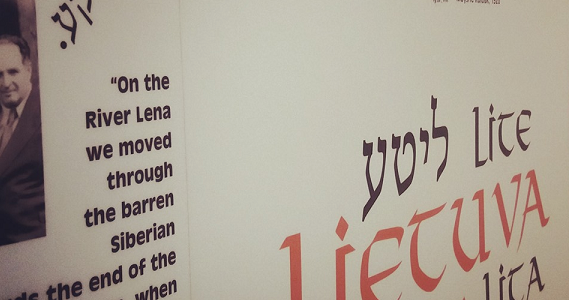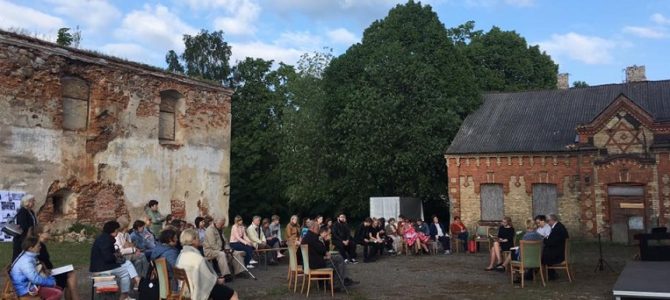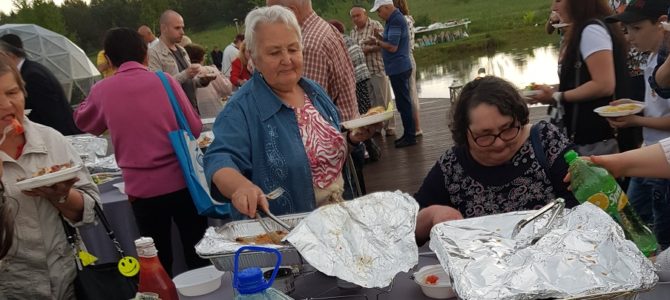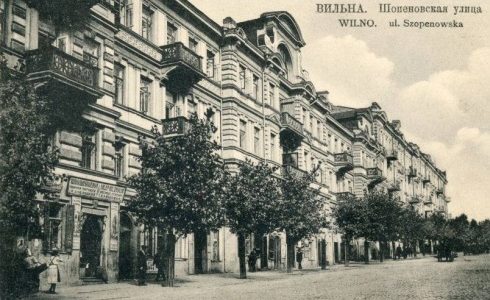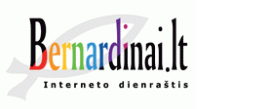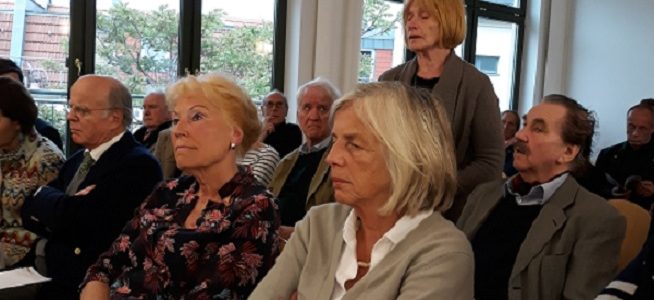The True State of the Jewish Cemeteries in Vilnius. Part of a Proud Past Which Must Be Protected
In the international sphere there has been no respite regarding preservation of the old Jewish cemetery in Vilnius (in the historical neighborhood of Piromont, now known as Šnipiškės): petitions are being circulated, the issue has even been raised in the United States Senate and there is the attempt being made to put a halt to plans to renovate the Palace of Sports building there. But are these disputes over the now-destroyed cemetery sufficiently well-founded?
The Soviet Era Destroyed the Šnipiškės Jewish Cemetery and Buried Its Memory
It’s important to look at the history of the Šnipiškės cemetery. The old Jewish cemetery in Vilnius established in 1592 or 1593 (although other sources say 1487) was for all intents and purposes closed in 1830, after which part of the cemetery was destroyed, with another part surviving to the end of World War II.
The Executive Committee of the Lithuanian Soviet Socialist Republic adopted a resolution on October 15, 1948, to close the old Jewish cemetery. At that time it had an area of just over three hectares, a quarter of the size of the Užupis Jewish cemetery on Olandų street in Vilnius.


